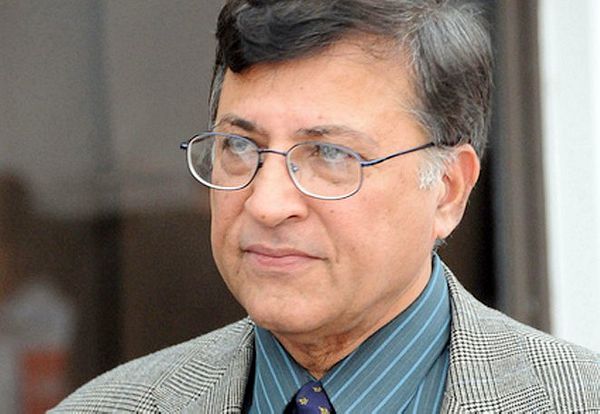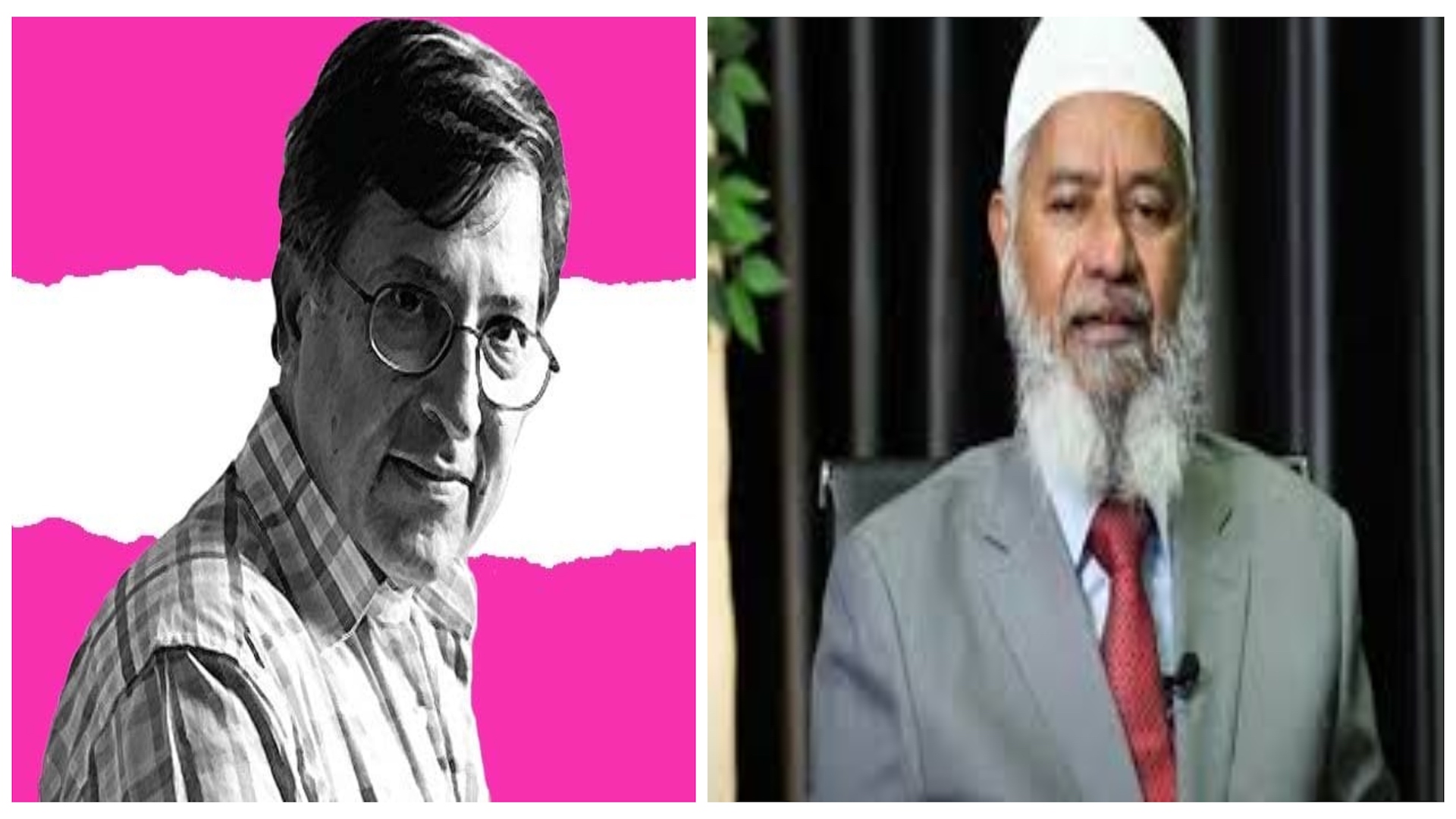Every Pakistani political leader has known that cultivating popular religious icons is how one makes it to the top. Muhammad Ali Jinnah began this game soon after the All India Muslim League suffered a crushing defeat in the 1937 elections. Although he personally detested pirs and clerics, he made numerous alliances with these powerful men. But as quid pro quo, he had to promise them an “Islamic” Pakistan. Otherwise, creating a new country would have been impossibly difficult.
Subsequently, others have followed suit. Prime Minister Shehbaz Sharif, whose claim to power is a tenuous one, is seeking to boost his flagging popularity by honoring celebrity televangelist Zakir Naik as a state guest in Pakistan. Former PM Imran Khan also sought to boost his popularity as PM by nurturing the fiery fundamentalist preacher, Tariq Jamil. Once known for his ubiquitous presence at officially sponsored events, Jamil is nowhere to be seen now that his sponsor languishes in jail.
Is Sharif’s desperate stunt working? Certainly. Thousands are turning up to hear Naik. But wherever he has gone, negative and angry reactions to his preaching messages have surfaced. Even the mainstream Urdu press – which normally adores such self-appointed guardians of Islam – has commented critically on his role. Naik’s harshness at a girl’s orphanage was particularly noted; he refused to award them certificates on grounds that girls – even little ones – should never be seen by men not related to them. Sharif’s allies also do not seem to be vocally supporting their leader’s red carpet to Naik.
Prominent among other instances of Naik’s overt misogyny was his thoughtless cookie-cutter response to the query of a young Pushtun woman. With her head appropriately covered, she asked why pedophilia and abuse of girl children are so rampant in a society that strictly separates men from women and where almost all men pray regularly and sport beards. Naik turned upon her with impatience, ridiculing her question. While he could have said something to the effect that pedophiles will go to hell and should be thoroughly prosecuted, he instead chose to gaslight her and demanded she apologize for the question. He then gave his answer: Pakistan just isn’t Islamic enough.
The mass following enjoyed by preachers owes to a groundswell of religiosity that originated in the Zia-ul-Haq era and maintained by later governments. On the one hand Pakistani students have a state-designed curriculum heavily loaded with religious materials and, on the other hand, their narrow vision is made narrower by officially-sponsored motivational speakers and preachers who hop from campus to campus. Remember Zaid Hamid, the lal-topi walla, who was also state-sponsored and to be seen every night on TV channels? His fiery rhetoric – and that of countless others – helped create countless Da’ish (Islamic State) and Tehreek-e-Taliban Pakistan (TTP) militants.
Religious preachers like Naik help deepen the vacuity of thought in young, propagandized minds. With little idea of how the rest of the world functions, they have been made to believe that all problems in Pakistan come from deviating from some idealized Islam. Daily atrocities by religious extremists who believe that the path to heaven lies in killing Pakistani soldiers and policemen are overlooked. While their mindsets were created by the unrelenting, constant state-sponsored propaganda, the explanation given is merely that they are “Kharji-ites”, i.e. misled followers of an ancient Islamic group with extremist ideals.
Although its functionaries are being slaughtered daily, the government’s knee-jerk response to extremism has been to introduce yet more flavors of Islam in the hope that somehow these will cancel out the more violent variants. But, in fact, what the state is doing is adding fuel to the fire.
Some say Pakistan may be honoring Naik as a state guest to spite India where he is a wanted fugitive on charges of terror financing, hate speech, inciting communal hatred, and money laundering. But if this is how Pakistan hopes to counter India, then it is to be pitied. Will it contribute to a rise in Pakistan’s status in the court of world opinion or will it go the other way? Help to rescue us from an economic abyss?
Obvious as the answer is, the purist fantasy of a theological state – specifically that of Zia-ul-Haq’s “Nizam-e-Mustafa” or Imran Khan’s “Riyasat-e-Medina” – is very much alive in Pakistani society. Why demagogues can profitably use such slogans is easy to see. In a country that is deeply unequal, corrupt and plagued by huge class asymmetry, people yearn for an unblemished past when everything was perfect.
But, note! The present leaders of autocratic and authoritarian countries like Saudi Arabia, Egypt, Morocco, or Turkey are not peddling hype of some imagined past. While Recep Erdogan may privately ache for restoration of the caliphate abolished by Ataturk in 1924, only 8 percent of his supporters want this. Prince Mohammed bin Salman has vowed to transform the hardline kingdom of Saudi Arabia into an open society that empowers citizens and lures investors.
Pakistani students have a state-designed curriculum heavily loaded with religious materials. And their narrow vision is made narrower by officially-sponsored motivational speakers and preachers who hop from campus to campus.
For good or for bad, the Saudis see orthodox Wahhabi Islam as a dead end. Instead they are choosing to opt for modernity, albeit Saudi-style oil-fueled modernity with a face-saving Islamic covering. Jihadist preachers like Zaid Hamid dare not go there anymore; he had to be rescued from a Saudi jail on his last visit there.
The Pakistani establishment – both political and military – is distressed at the cultural changes in the Middle East but does not have the guts to express an opinion lest the Saudis or Emiratis pull the rug from underneath them. Instead, by pushing conservative Islam, Pakistan now hopes to don the mantle of being Islam’s flag bearer and protector, as the only Muslim state with nuclear weapons. But this is delusional, empty boasting. An economically destitute and internally torn Pakistan can scarcely stand on its own two feet much less challenge Israel’s genocidal fury as it rampages across the Middle East.

The author is an Islamabad-based physicist and writer

